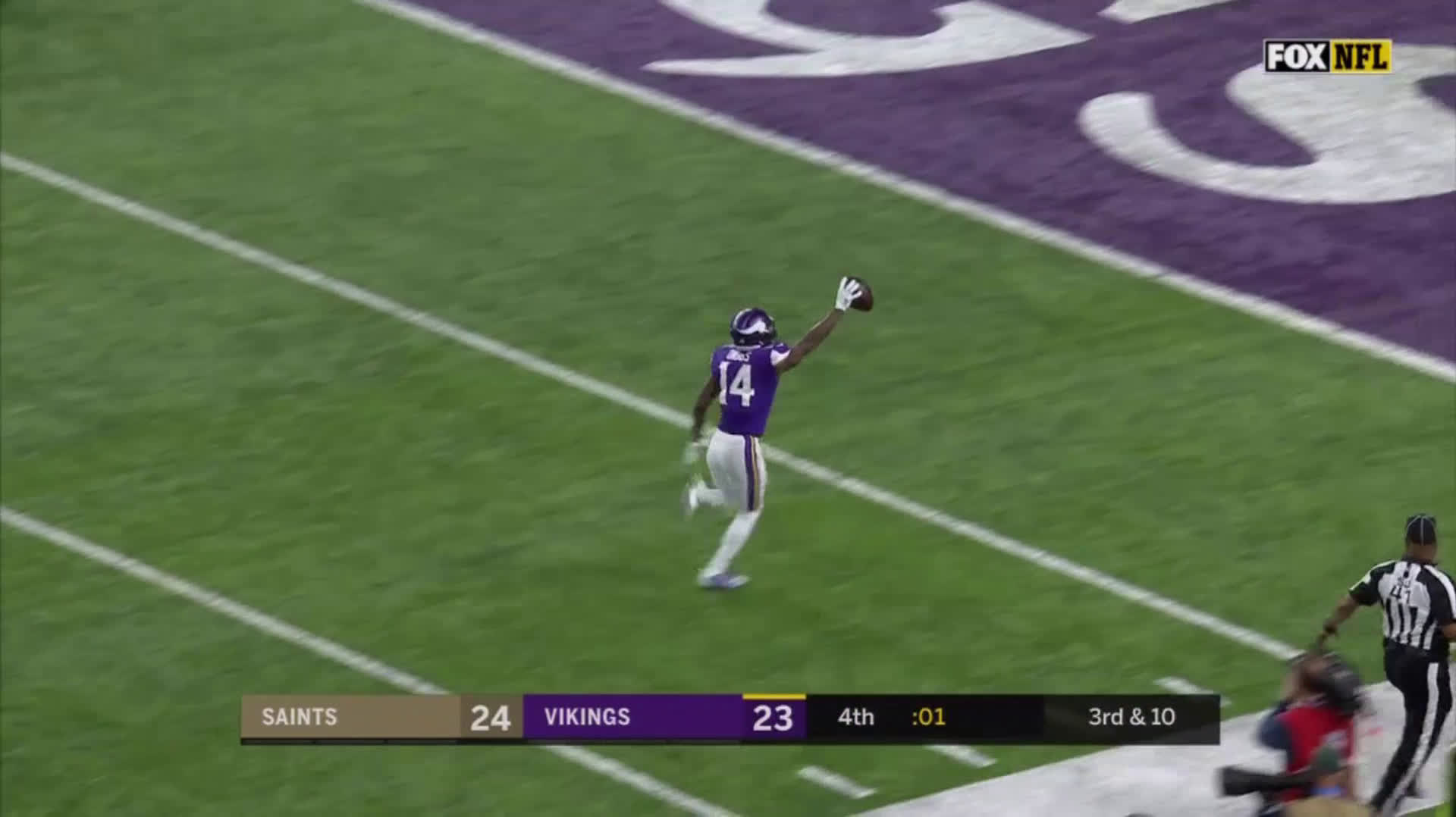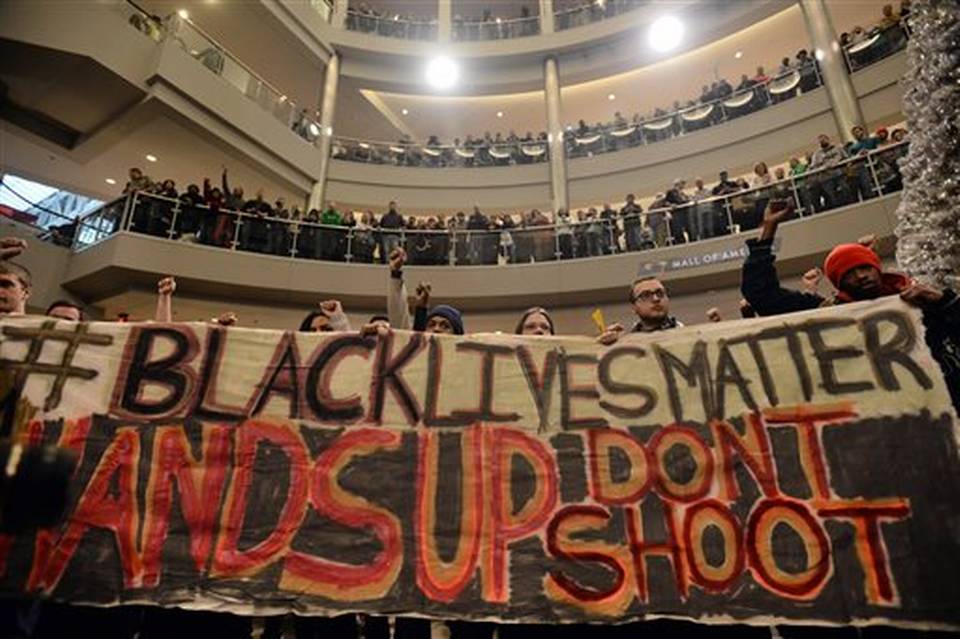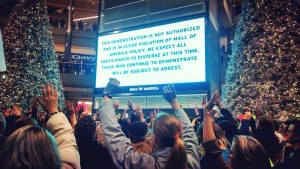
Written by Carol Benedict
In case you have not heard, the Minnesota Vikings won the NFC Divisional Game on Sunday, after a near-defeat in traditional Vikings playoff style. Fans were ecstatic. “WE WON!” was shouted everywhere in Minnesota.
Except a few places. Not many of the homeless people were celebrating the win in a warm cozy home with game food laid out for an afternoon of face-stuffing. Not many of the unvisited residents of the state’s nursing homes thought as much about the game as they did about where their families were. A good portion of the minority communities facing possible deportation thought less of a football game than spending perhaps the last day possible with loved ones they might never see again.
By Monday, people in the state’s employment sector that worked on Martin Luther King Jr. Day, were still talking about the big game. The office coffee pots were constant witness to the sometimes hour-long reflections on “where I was and what I was doing” during the big moment of the final play. The first 5 minutes of local news broadcasts focused on people who had left the stadium or turned off the television before victory was clear. As of Tuesday, the 5 most read stories in the Minneapolis Star Tribune are all centered on the Vikings win last Sunday.
In preparation for the SuperBowl, Minneapolis has agreed to several “policies” that the people of Minneapolis were never given a voice, choice or opinion about. Those with annual permits to park near where they work have had those permits pulled so the space can sell for $100 or more for the SuperBowl events. Homeless people within the “security perimeter” are supposed to be “re-located” to other shelters. Even stray cats and dogs are being sent to other shelters. Local news also reported, “…MACC needs to “keep the shelter as empty as possible because in the event of an emergency, the building could be used for an influx of animals, or even to shelter people.”
“Snipers will be on rooftops and in buildings in strategic places. Officers in head-to-toe commando gear will be on the streets gripping assault rifles against their chests. Minneapolis Police Cmdr. Scott Gerlicher said the influx of federal agents to Minnesota will be the largest in the 52 years of Super Bowl history,” reports the Star Tribune.
All these moves and decisions are being done to protect people going to a sporting event. Remember that sporting events at the professional level are nothing more than a corporation (NFL) selling you their product (football team) as an entertainment vehicle to encourage participation through purchases of tickets, game gear, trinkets and other such memorabilia. There is absolutely nothing wrong with the business model or the consumers of the products.
What would happen if Minnesotans would put the same amount of time, effort, energy and money into causes for the good of Minnesota? What would it look like to have as many people cheer a win for the Boundary Waters Canoe Area in it’s fight for life against a foreign corporation intending to build a copper and nickel mining operation in the middle of it? How many fewer attacks would the Dar Al-Farooq Islamic Center have experienced if the same amount of people came out to support the rejection of hate as came out for a Vikings game? How many people spent more time waiting in traffic and lines on game day than they did being stopped by a Black Lives Matter protest in the past, yet still are unable to recognize the injustices that the black community faces on a daily basis?
There was, and still is, a place in our society to come out and enjoy America’s favorite pastime; sports events. But shouldn’t it be done with more balance to the other things that matter greatest in life? If you are fortunate enough to be able to get to the end of your life to gather those that mean the most to you during your final moments, will you ask for your football team or your family?
About the Author:
Carol Benedict is an independent researcher and human rights activist. She is also an independent Journalist and a professional member of the US Press Association.



